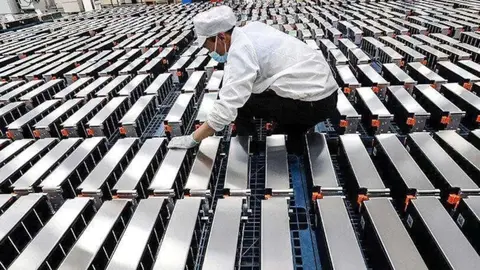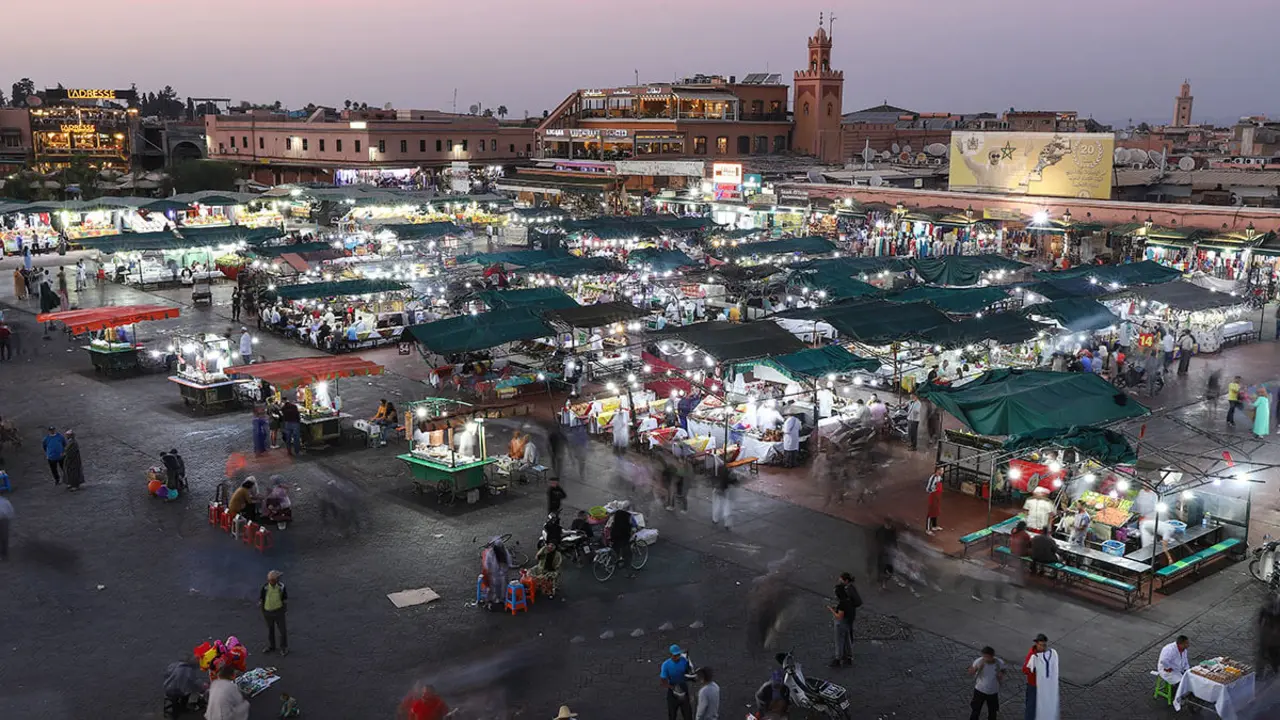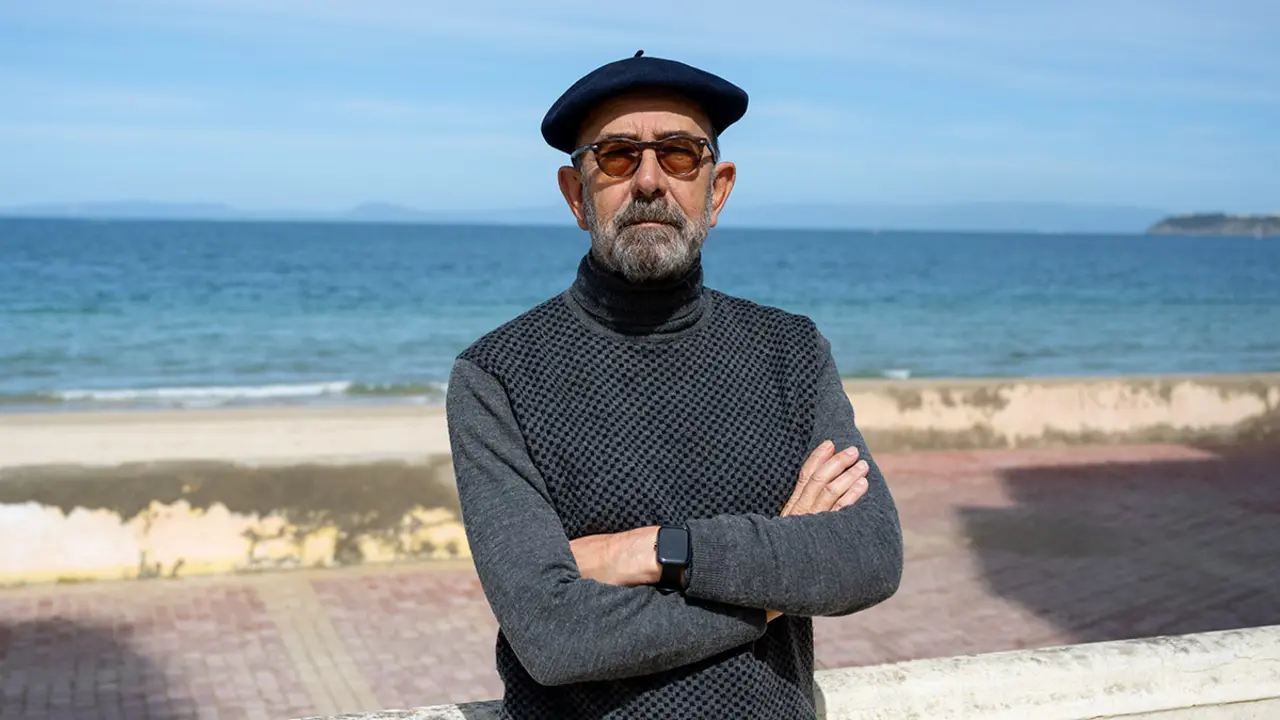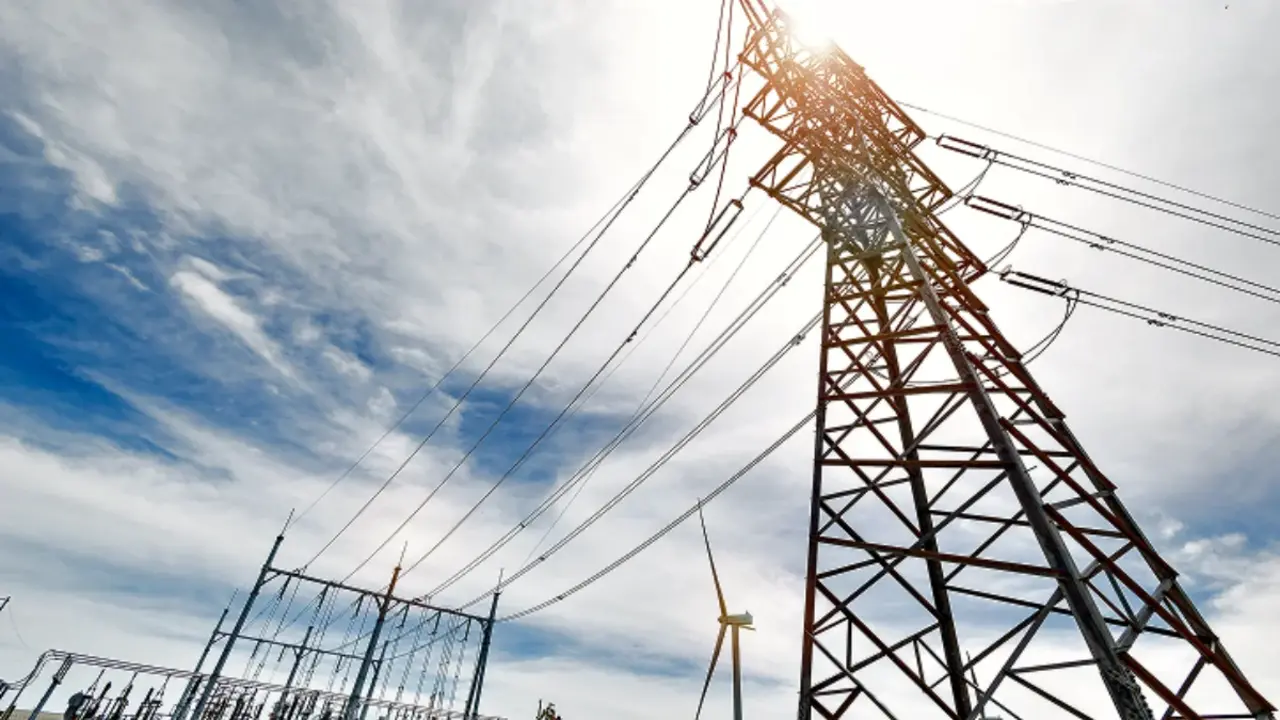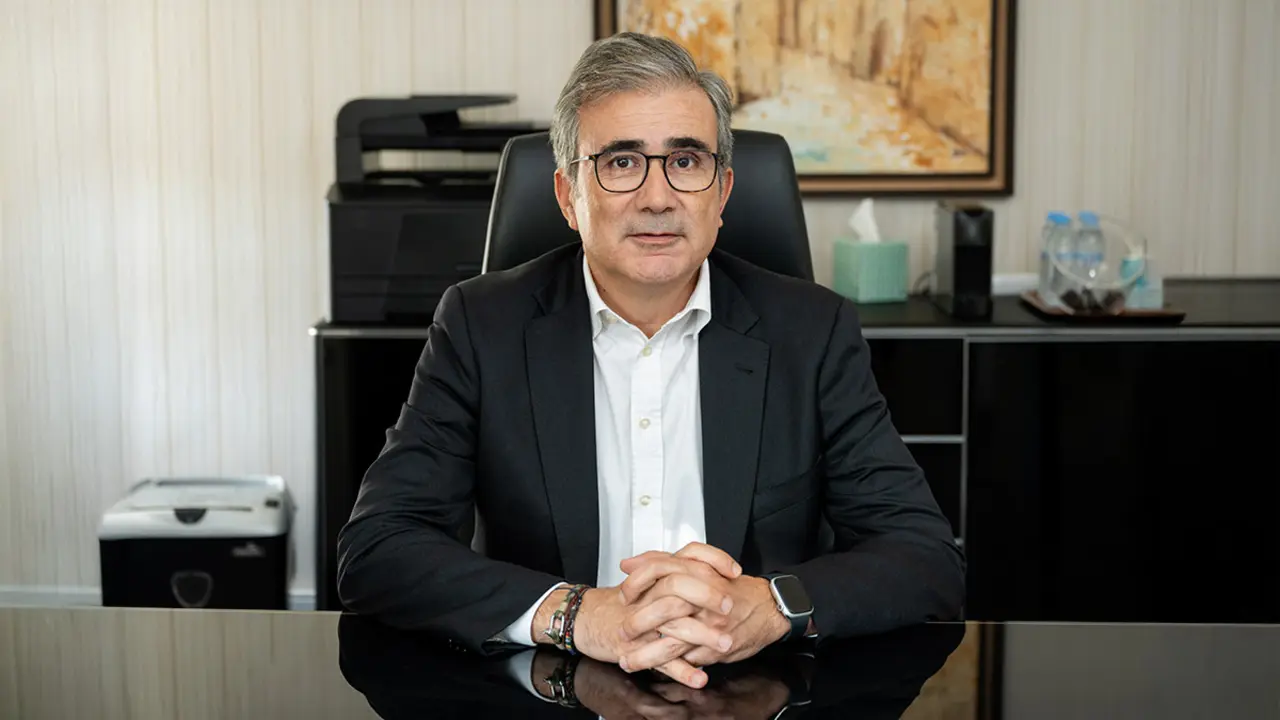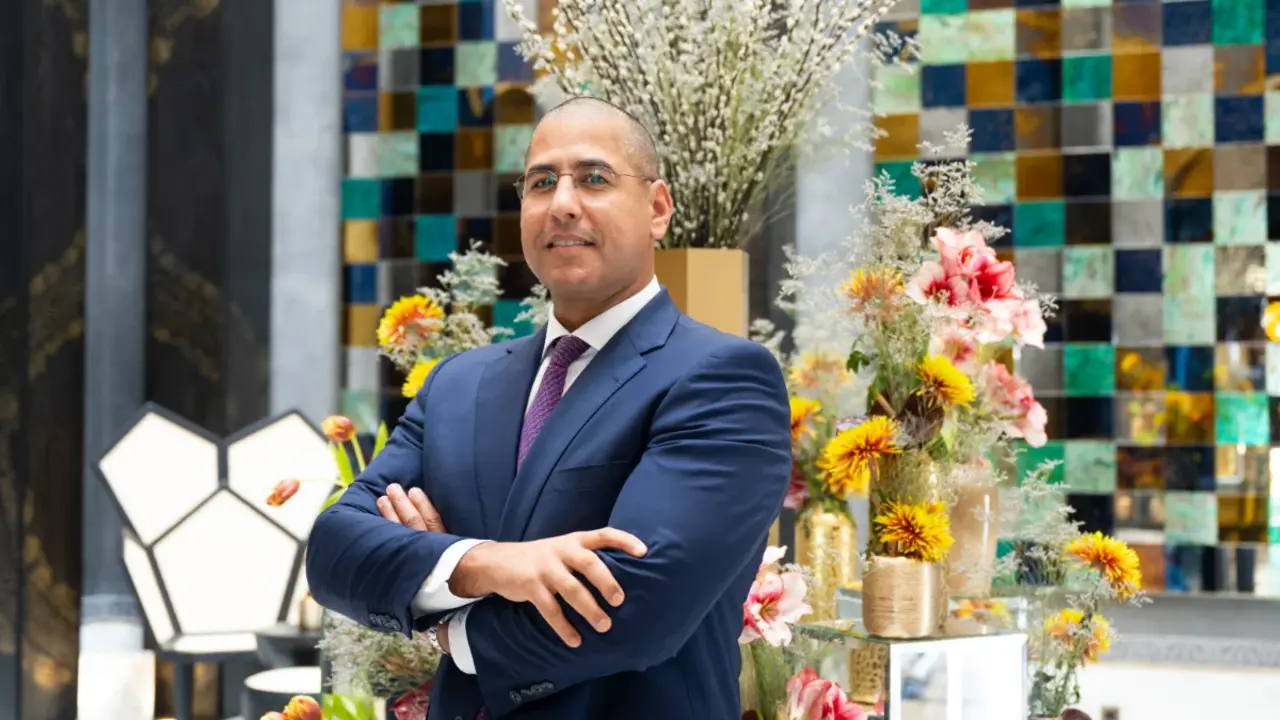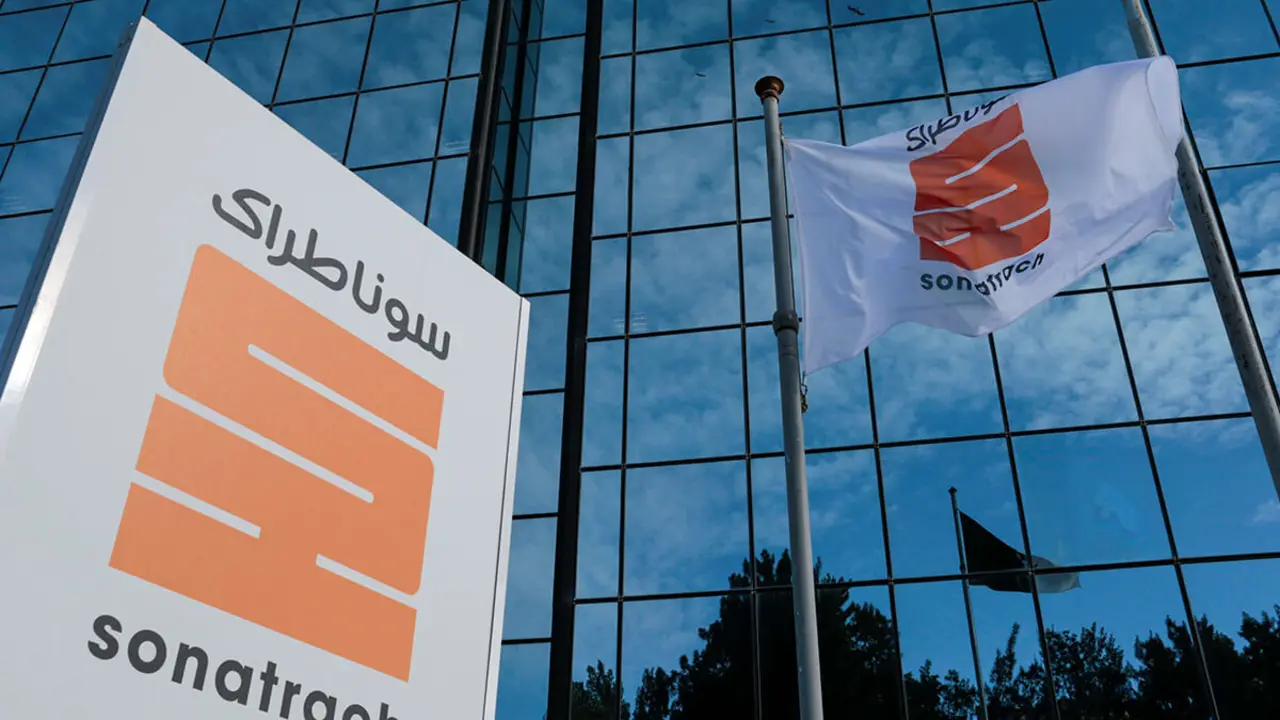Morocco will host a battery plant with capacity to power half a million vehicles a year

South Korea's largest chemical company, LG Chem, and Chinese company Youshan, a subsidiary of Huayou Group, have announced plans to build a joint plant in Morocco to produce batteries for electric vehicles.
The two companies plan for the plant to begin operations in 2026, with an estimated production of 50,000 tonnes per year of lithium-phosphate-iron cathode materials that can power up to half a million electric vehicles.

Although Korea's LG Chem specialises in the production of nickel-cobalt-manganese cathodes, its strategy is to enter the lithium-phosphate-iron cathode business as well, to meet the growing global demand for cheaper batteries for more affordable electric vehicles.
Batteries are the most expensive part of electric vehicles, accounting for around 40% of the total cost of electric vehicles.
According to the information provided by the Korean company, the cathodes produced at the new plant in Morocco will mainly supply the US market, taking advantage of the kingdom's status as a trading partner of the United States.

Under this trade relationship, the new battery production plant will receive subsidies under the US Inflation Reduction Act, which seeks to reduce dependence on the Chinese supply chain.
The Act provides tax breaks of up to $3,750 per vehicle if at least 40% of the critical minerals used in battery manufacturing are sourced from the US or one of its free trade partners, such as South Korea and Morocco.
LG Chem has also announced additional plans with Huayou Cobalt to build a lithium conversion plant in Morocco, which will begin operations in 2025 and have an annual production capacity of 52,000 tonnes of lithium.
LG Chem CEO Shin Hak-cheol told Reuters, "We will actively respond to the emerging lithium-phosphate-iron cathode materials market, with the Morocco plant as a global base. Our goal is to create a strong, vertically integrated materials supply chain that flows from raw materials to precursors and cathode materials, and to consolidate our status as the world's leading integrated producer of battery materials.
China also opens plant in Morocco
In addition to the battery plant of LG Chem and Huayou, Morocco will host another factory for the construction of these power devices for electric vehicles, in this case with only Chinese capital.
According to the company Guangzhou Tinci Materials Technology, one of the main manufacturers of materials for electric vehicle batteries in China, plans to build a new plant in Morocco.
With an investment initially set at Dh2.8 billion (about $282 million), the plant will produce lithium electrolyte batteries. The expected production figure for the plant, which will be operational in 2026, is around 200,000 tonnes per year, most of which will be dedicated to supplying the European market.
Tinci values Morocco's vast phosphorite mineral resources, as well as its geographical proximity to Europe.


